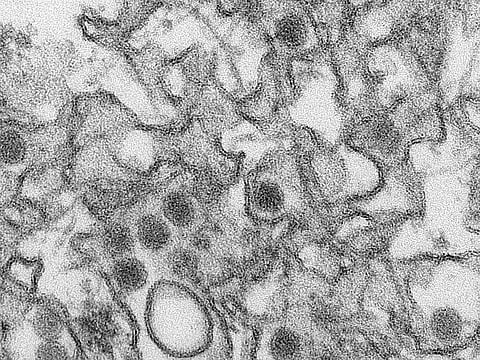WEDNESDAY, March 2, 2016 (HealthDay News) -- The U.S. Food and Drug Administration has issued new guidance for reducing the potential transmission risk of Zika virus from human cells, tissues, and cellular and tissue-based products (HCT/Ps).
The guidance addresses donation of HCT/Ps from both living and deceased donors, and includes donors of umbilical cord blood, placenta, or other gestational tissues. The new guidance follows Feb. 16 recommendations for reducing the risk of Zika virus via blood transfusion in the United States.
According to the new recommendations, living donors of HCT/Ps should be considered ineligible if they were diagnosed with Zika virus infection, were in an area with active Zika virus transmission, or had sex with a male with either of those risk factors, within the past six months. Donors of any gestational tissues should be considered ineligible if they have had any of the above risk factors at any point during their pregnancy. Deceased donors should be considered ineligible if they were diagnosed with Zika virus infection in the past six months.
"Less evidence exists regarding the potential for transmission of Zika virus by HCT/Ps typically recovered from deceased donors. As more information becomes available, the understanding of the risks to recipients of HCT/Ps, including HCT/Ps recovered from deceased donors, may evolve," according to a news release from the FDA. "The FDA will continue to monitor the situation, and will carefully evaluate new information regarding the associated risks as it becomes available."
More Information


